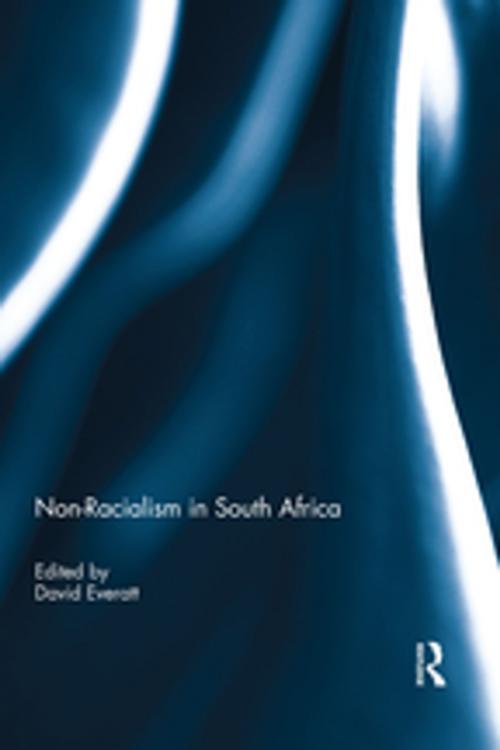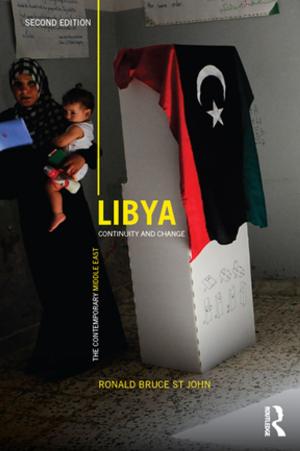| Author: | ISBN: | 9781351556200 | |
| Publisher: | Taylor and Francis | Publication: | July 5, 2017 |
| Imprint: | Routledge | Language: | English |
| Author: | |
| ISBN: | 9781351556200 |
| Publisher: | Taylor and Francis |
| Publication: | July 5, 2017 |
| Imprint: | Routledge |
| Language: | English |
When Nelson Mandela was elected President of South Africa in 1994, the world looked on at themiracle of racial reconciliation that unfolded in South Africa. However, the dream of aRainbow Nation (in Archbishop Desmond Tutu‘s phrase) seems to be fading, and racial identities seem to be more entrenched than ever. What prospects then for thenon-racial democracy envisioned by Mandela and the South African Constitution?This book examines the status and future prospects of non-racialism. It discusses the nature of non-racialism and applies the concept to wider national issues and to questions of identity. The book looks out into South Africa's future and assesses generational changes to the country's handling of non-racialism. This latter point is the main theme in the opening preface by Ahmed Kathrada, jailed with Nelson Mandela, who reminds the reader that there is no easy answer: non-racialism is built every day, every minute, by people who seek to transform social relations and allow theRainbow Nation to flourish.This book was published as a special issue of Politikon.
When Nelson Mandela was elected President of South Africa in 1994, the world looked on at themiracle of racial reconciliation that unfolded in South Africa. However, the dream of aRainbow Nation (in Archbishop Desmond Tutu‘s phrase) seems to be fading, and racial identities seem to be more entrenched than ever. What prospects then for thenon-racial democracy envisioned by Mandela and the South African Constitution?This book examines the status and future prospects of non-racialism. It discusses the nature of non-racialism and applies the concept to wider national issues and to questions of identity. The book looks out into South Africa's future and assesses generational changes to the country's handling of non-racialism. This latter point is the main theme in the opening preface by Ahmed Kathrada, jailed with Nelson Mandela, who reminds the reader that there is no easy answer: non-racialism is built every day, every minute, by people who seek to transform social relations and allow theRainbow Nation to flourish.This book was published as a special issue of Politikon.















